Horticulture
-
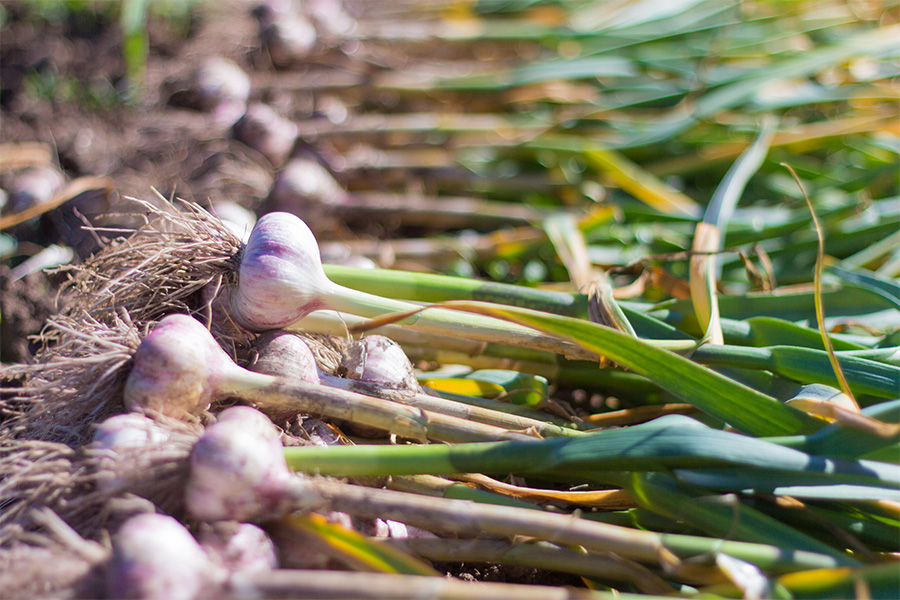
This guide gives gardeners tips to successfully grow garlic.
Bob Westerfield
|
-
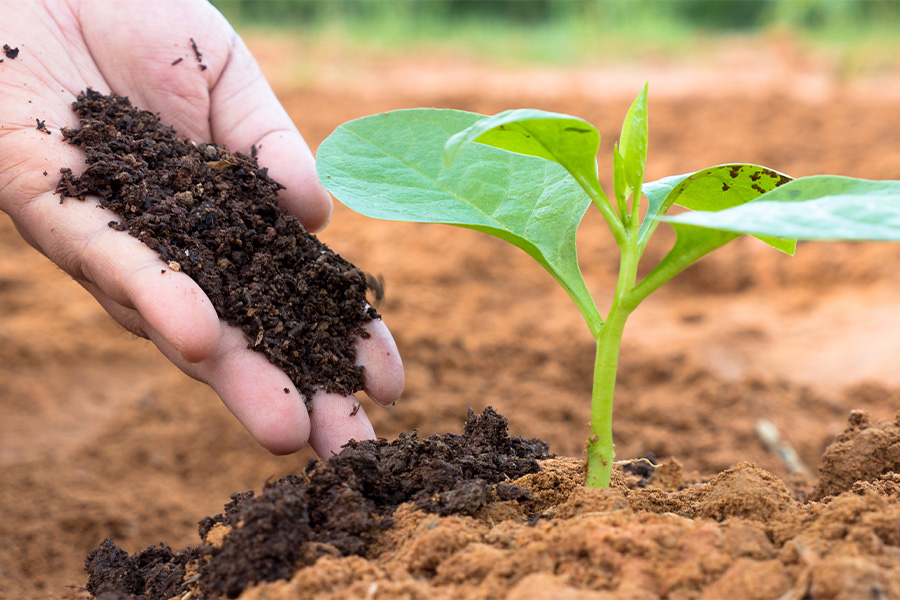
Many farmers and gardeners use natural minerals and organic fertilizers rather than synthetic ones to build their soil. If you use organic materials as all or part of your fertilization program, this publication will help you calculate the proper amount to use from the recommendations provided by a soil test.
Walter F. Reeves, Julia W. Gaskin, David E. Kissel Ph.D, George E. Boyhan, Wayne J. McLaurin, and Glendon H. Harris
|
-
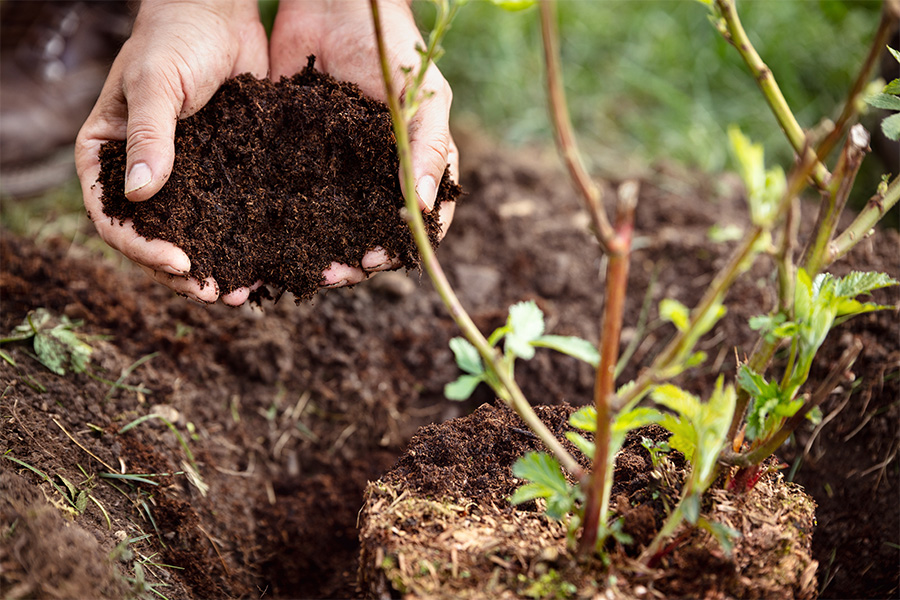
C 816
Composting and Mulching
This publication explains how to build, maintain a compost pile as well as how to use compost and mulch in the yard and garden.
Bodie V. Pennisi
|
-

C 787
Gardening in Containers
Growing plants in containers differs from growing plants in the ground. Poorly drained potting mixture can lead to root problems. Under conditions of excess moisture and poor aeration, roots become stressed and are easily invaded by root rotting fungi. Under these circumstances, plants fail to grow properly or even die.
In addition to guidance on soil preparation, this bulletin provides information on selecting containers, planting and fertilizing container plants, a list of plants recommend for container gardens.
Bodie V. Pennisi
|
-

This publication is a monthly guide for professional managers of commercial, recreational, municipal, institutional or private grounds in Georgia.
Gil W. Landry, Michael D Toews, Paul A. Thomas, Bodie V. Pennisi, Timothy R. Murphy, and Beverly Sparks
|
-
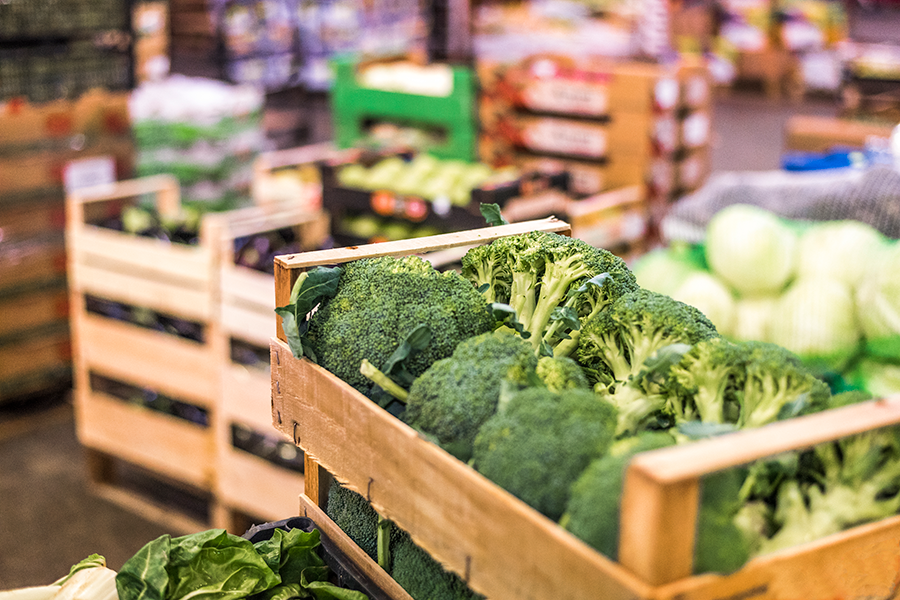
Marketing fresh fruits and vegetables at farmers markets, roadside markets, and pick-your-own farms is an important and growing method of marketing. However, many of the containers used are not practical for consumers.
Bob Westerfield and Timothy Coolong
|
-
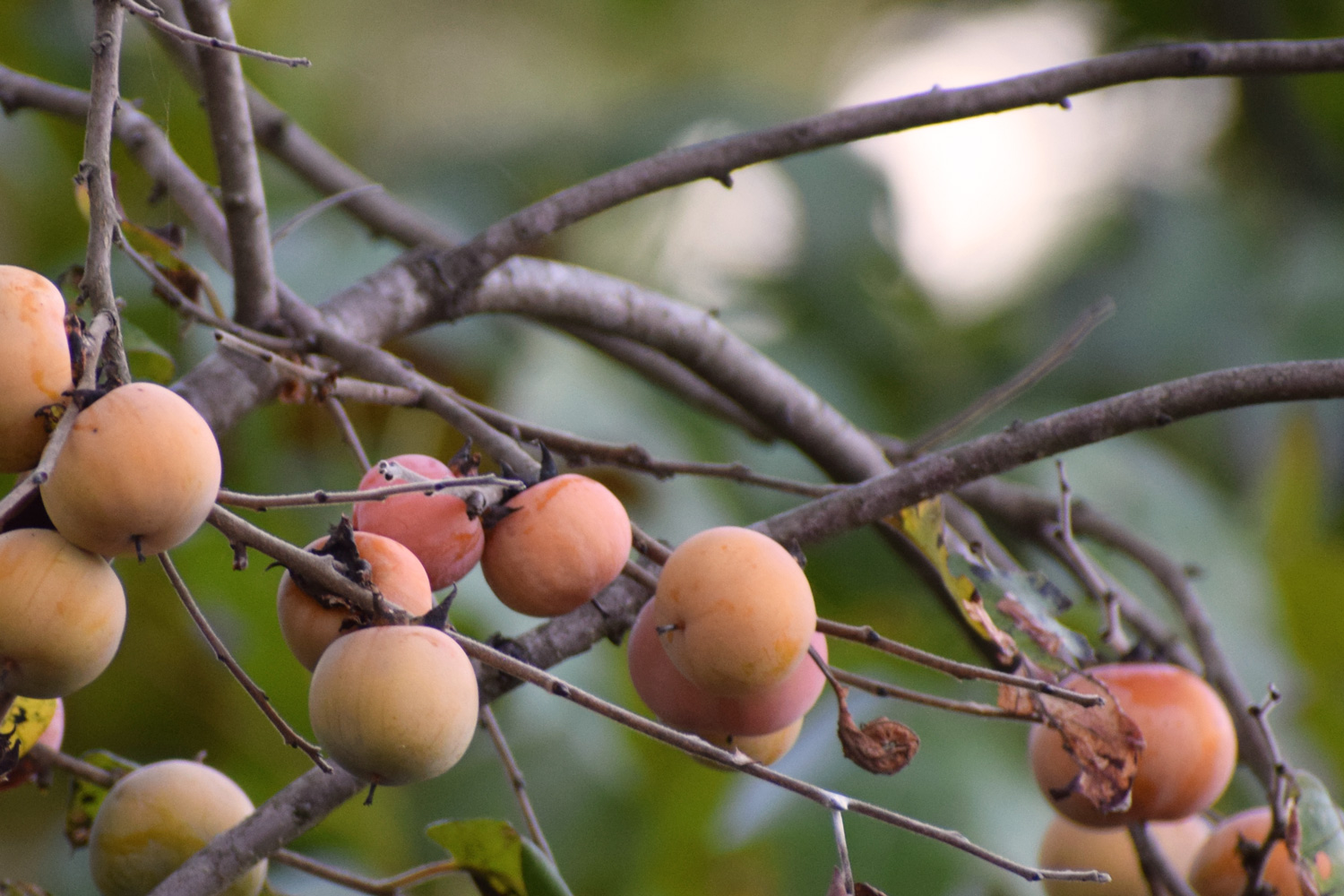
C 784
Home Garden Persimmons
Many of the numerous species of persimmon can be grown in Georgia. This resource covers planting and growing requirements as well as fruiting, harvesting, and insect pest information.
Bob Westerfield
|
-
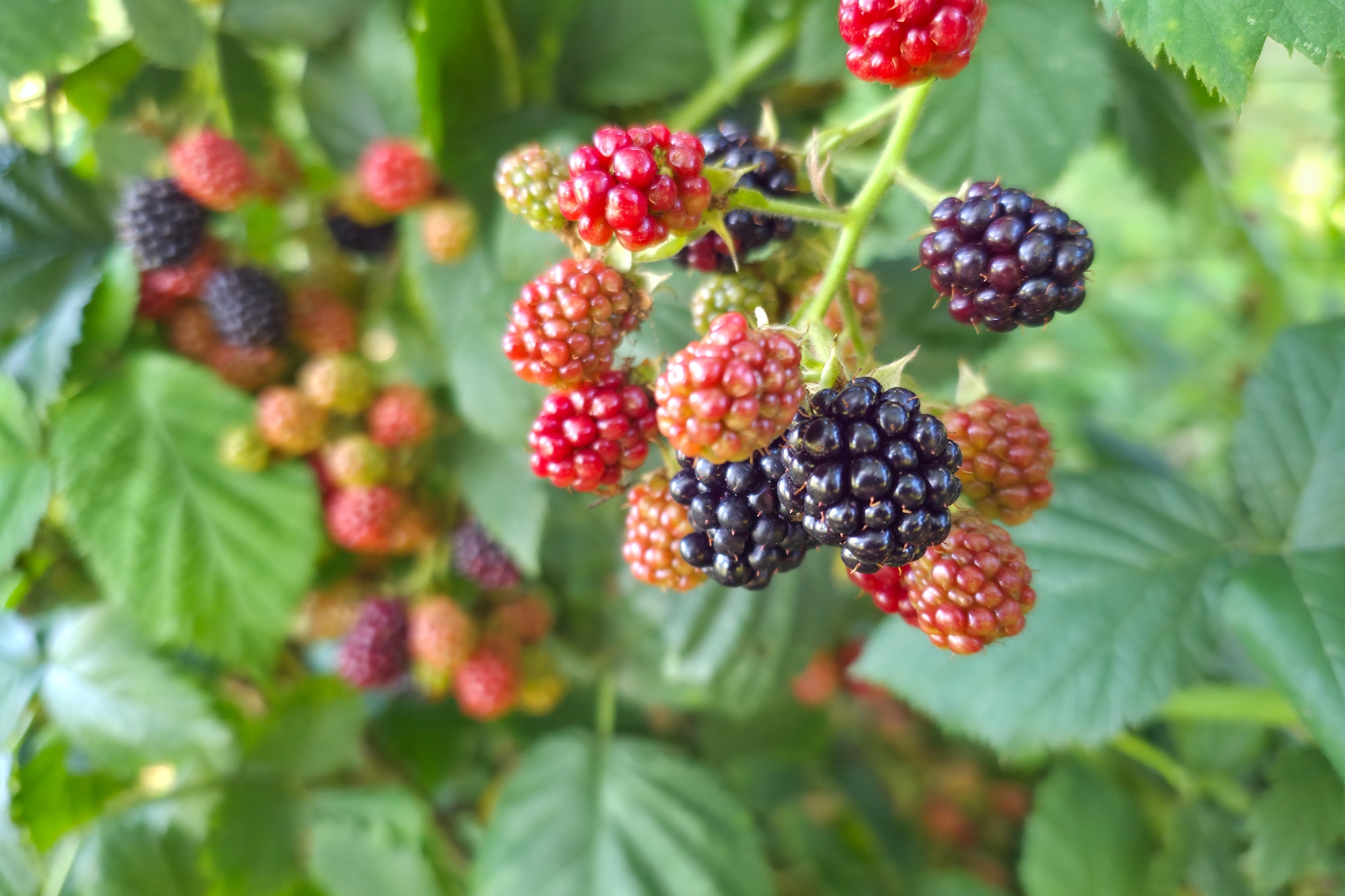
Blackberries and raspberries are one of the most popular fruits to grow and they are among the easiest for the home gardener to successfully produce. Blackberries and raspberries come as erect types (no trellis required) and trailing types (trellis required), depending on the varieties selected. This publication discusses growing raspberries and blackberries in a home garden.
Bob Westerfield, Phillip M. Brannen, Marco T. Fonseca, Gerard W. Krewer, and Dan L. Horton
|
-
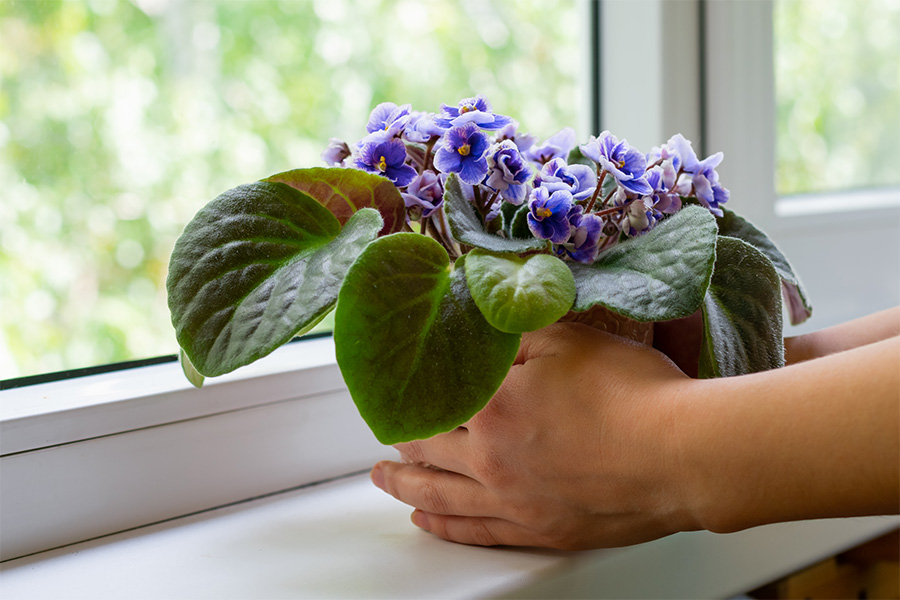
C 660
Growing African Violets
African violets are now among the most popular indoor plants. They are easy to grow and offer a wealth of beautiful flowers.
Bodie V. Pennisi
|